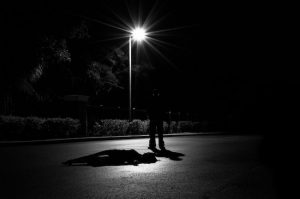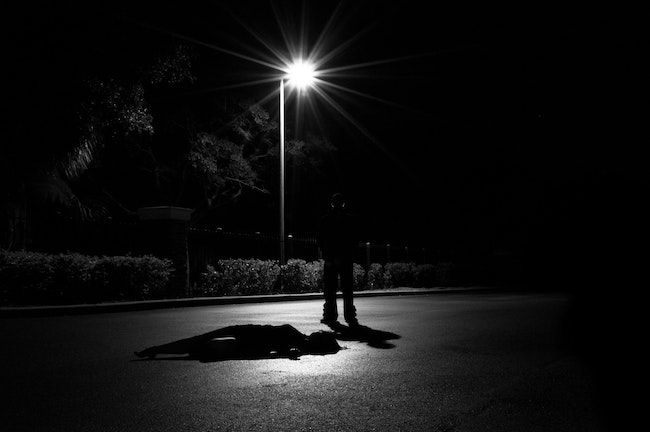
Tzara’as and Scandal
The Parsha discusses the leprous-like phenomena of tzara’as — which are often brought about by expressing Loshon Harah (derogatory speech). 1 During the S’firas Ha’omer period of the year (between Pesach and Shavuos), it’s important to focus on character development. Let’s think about how our speech and actions can affect others.
Falsely Claiming Fraud
In a defamation suit between a voting machine maker and a news network, the parties settled. The major issue concerned false claims about the inaccuracy of the machines. These false claims, it was said, resulted in damage to the company’s reputation and business. (More such cases are pending.) Even in secular society, it’s acknowledged that speech can be a powerful weapon.
Of course, when it comes to Torah ruling, Loshon Harah need not be false; Loshon Harah can be forbidden even when the claims are truthful. Many people are familiar with this concept, but in reality, it’s very difficult to understand and abide by this. It’s natural for people to think that when there is an angry dispute, everyone has to know the details.
B’mumo Pasul
Rav Moshe Sternbuch writes that people feel that the way to win an argument is to get everyone you know on your side. In reality, it’s better to be quiet. As we’ve discussed, when Shimi Ben Geira cursed and threw stones at Dovid Hamelech, Dovid chose to defend Shimi. He refused to punish Shimi until Dovid’s death, many years later. Similarly, when Shaul pursued Dovid, Dovid refused to fight back.
Remarkably, the Torah tells us that a person’s slanderous comments actually apply to himself. It’s quite surprising that the claims one makes against another person actually relate to the speaker! In the Gemara, Rav Yehuda was certain of this to such a degree, that when someone tried to invalidate Rav Yehuda’s lineage, Rav Yehuda publicized that the other person had invalid lineage! This turned out to be the truth… (Kiddushin 70)
According to Rav, one’s midos indicate his lineage. One who constantly accuses others must have faulty lineage, while a quiet person comes from good stock. However, the Maharsha later (Kiddushin 71) explains a psychological connection: One who accuses another actually has something to hide; he figures that if he makes his accusation first, the other side will not find the fault that he’s hiding.
Dina D’malchuso Dina
The Torah says that we must follow the laws of the land. Rav Yisrael Salanter, the father of the Musar Movement, was very precise with government laws, even if they seemed antisemitic in origin. 2
I’ve heard people say that this doesn’t apply in America, because laws can be challenged in court. Unfortunately, this thinking is all too common. There is a mentality that we can do whatever we want, as long as we can hire a good lawyer! This makes a mockery of law. The fact that a law can be challenged doesn’t mean that there aren’t laws! 3
Matzdik Es Hadin
Among the 613 mitzvos, Sefer Chareidim counts ‘Matzdikim Es Hadin’ — affirming Hashem’s judgment, accepting His hand, even if it seems harsh. When things don’t seem to go our way, it’s important to ‘be a good loser’ and accept Hashem’s will with love. This is derived from Aharon’s acceptance of the death of his sons; as we have seen, Dovid, too, accepted disappointment as Hashem’s chastisement.
_______________________
1. In Arachin, seven causes are given for tzara’as. In many places, Chazal show the connection between speech and tzara’as; for example, Miriam was punished for speaking against Moshe with tzara’as (see Devorim 24:8). See Moreh Nevuchim 3:47 and Hilchos Metzora chapter 16. Also see Hagos B’parshas Hatorah at length.
2. See the explanation of this in Tenuas Hamusar. Also see Ohr Yisrael regarding Rav Yisrael’s requirements for respecting the law of the land.
3. Sometimes laws are unjust; protests and/or civil disobedience may be necessary. It is important, of course, that laws can be challenged and eventually changed in a democracy. In general, though, laws should be respected and upheld. (Heard from a friend)


